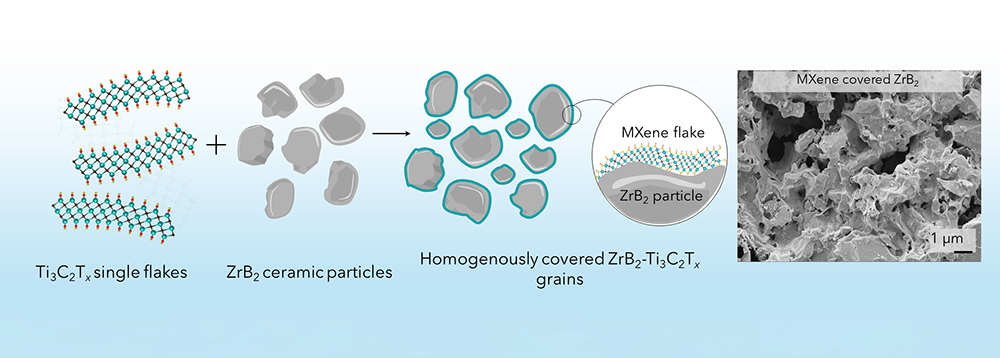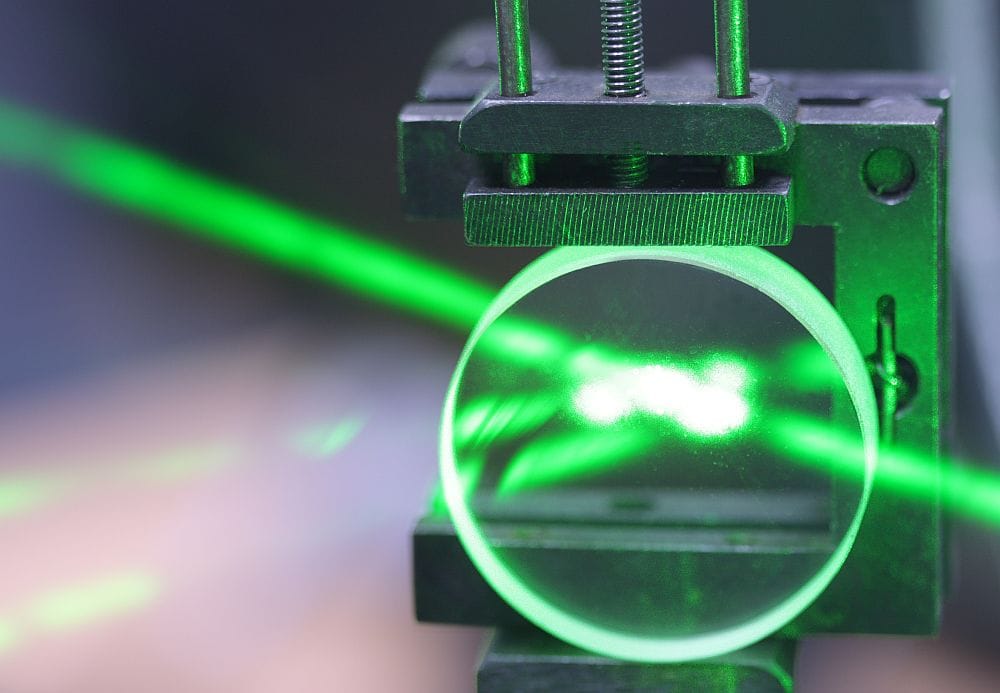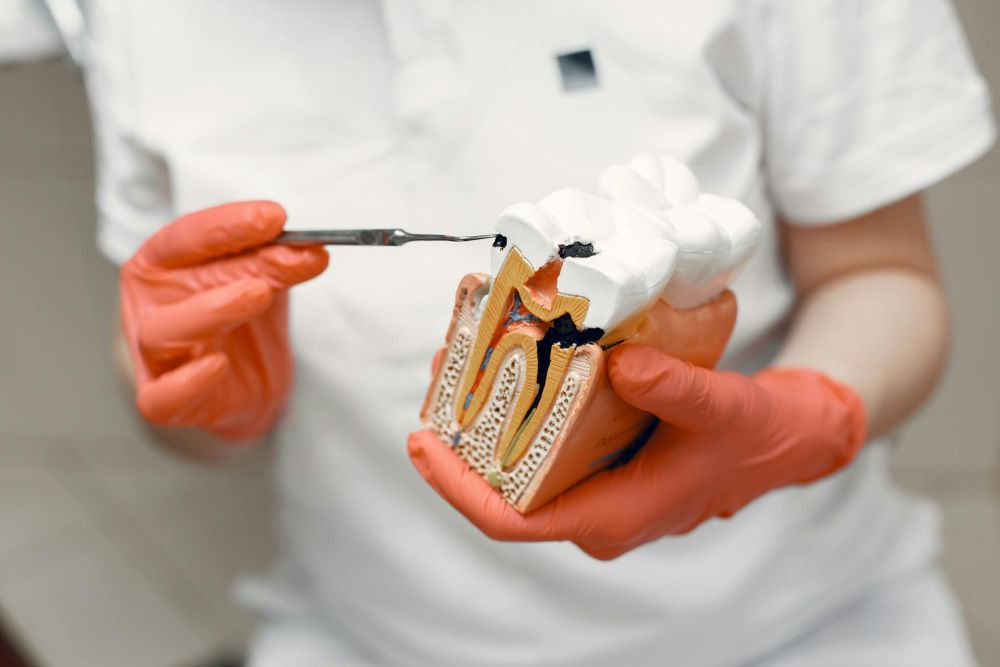
[Image above] Dzung Dao, senior lecturer at Griffith University’s School of Engineering. Credit: Michael Jacobson; Griffith University
Researchers at the Queensland Micro- and Nanotechnology Centre (QMNC) at Griffith University (Australia) have shown that silicon carbide’s “superiority” in not-so-superior conditions make the compound a promising substitute for silicon semiconductors in devices with mechanical and electrical sensors.
Their research also goes to show that silicon research is indeed among the five hottest fields in scientific research right now.
The work, published in Journal of Materials Chemistry C, was led by Dzung Dao, senior lecturer at Griffith’s School of Engineering.
According to a university press release, Dao and his QMNC colleagues grew the silicon carbide on six-inch silicon wafers at low temperature, generating p-type nanocrystalline SiC. They were able to demonstrate—for the first time—the effect of mechanical strain on SiC’s electrical conductivity.
The paper’s abstract states that the researchers measured the gauge factor to be 14.5, “one order of magnitude larger than that in most metals.” The results suggest that SiC’s mechanical strain strongly influences its electrical conductance, a characteristic that makes the researchers hopeful about the material’s future uses in specialty situations.
“Over the past 50 years, silicon has been the dominant material used as a semiconductor for sensing devices and that continues today in computers, mobile phones, automobiles, and more,” says Dao in the release. “However, silicon is not suitable for electronic devices at high temperatures above 200°C due to the generation of thermal carriers and junction leakage. Silicon carbide, on the other hand, possesses excellent mechanical strength, chemical inertness, thermal durability, and electrical stability due to its unique electronic structure. Thus it holds promise as the material for high performance sensors in, for example, deep-oil and coal mining, combustion engines, energy conversion devices, and so on.
“In areas where the temperature can reach well above 200°C, chemical corrosion and mechanical shock are extreme. That’s where silicon carbide comes in,” he continues. “Silicon carbide is already used in power electronics and these results are very encouraging for sensor technology, particularly in harsh working environments.”
The findings could prove beneficial to a host of industries, including mining, aerospace, automotive, and biomedical, the university says.
The paper is “The effect of strain on the electrical conductance of p-type nanocrystalline silicon carbide thin films,” (DOI: 10.1039/C4TC02679A).
Author
Jessica McMathis
CTT Categories
- Aeronautics & Space
- Biomaterials & Medical
- Electronics
- Material Innovations
- Transportation


